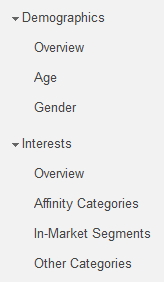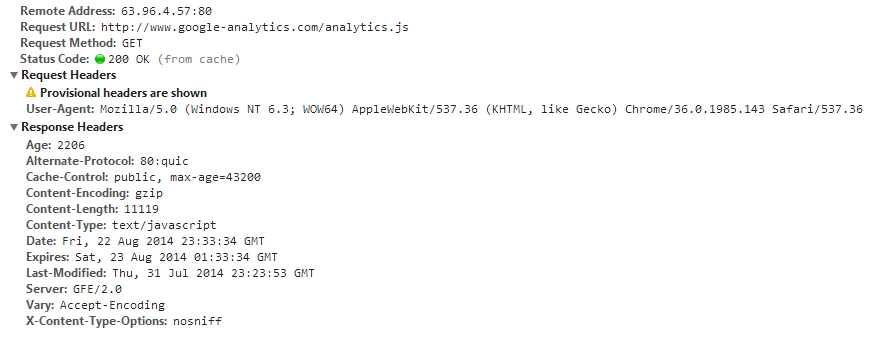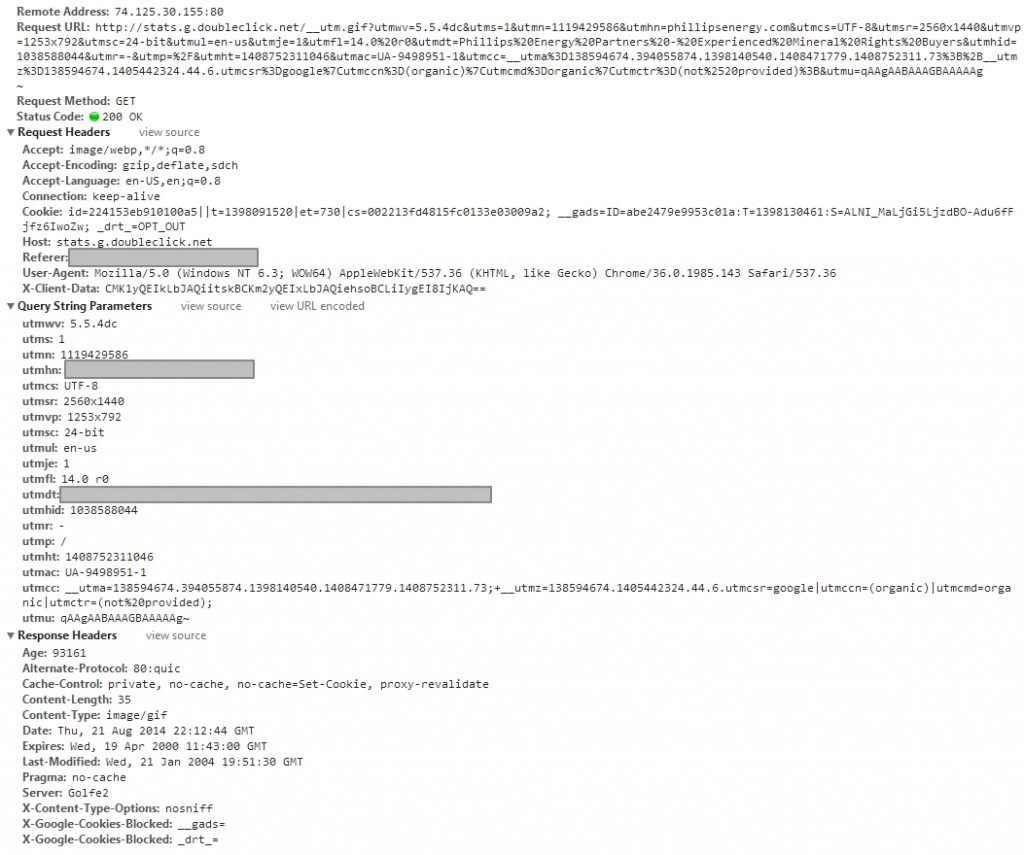![]() The question as to why Google hides organic keyword referral data has been raised with frequency, and rightfully so. Not having transparency with click attribution source is a big set back for marketers and a disservice to businesses everywhere trying to understand the ebb and flow of organic referral traffic.
The question as to why Google hides organic keyword referral data has been raised with frequency, and rightfully so. Not having transparency with click attribution source is a big set back for marketers and a disservice to businesses everywhere trying to understand the ebb and flow of organic referral traffic.
You will never get your keyword referral data back from Google. That’s not up for debate. What is up for debate, however, is why did Google hide this organic keyword referral data in the first place? For this, I can infuse my speculation.
Why Does Google Hide Organic Keyword Referral Data?
Google is EVIL!
 No, I don’t truly believe this. Well, not concerning their reasoning for removing keyword referral data at least. I believe that Google hides their organic keyword referral data because of the uproar of the European public for online privacy which brought about the EU Cookie Law. For those unaware, the EU Cookie law forces European webmasters to get consent from website visitors before placing a cookie on their machine. Yes, those same visitors you’re working like hell to get to take other action related to your bottom line.
No, I don’t truly believe this. Well, not concerning their reasoning for removing keyword referral data at least. I believe that Google hides their organic keyword referral data because of the uproar of the European public for online privacy which brought about the EU Cookie Law. For those unaware, the EU Cookie law forces European webmasters to get consent from website visitors before placing a cookie on their machine. Yes, those same visitors you’re working like hell to get to take other action related to your bottom line.
As much as non-European marketers denounce Google hiding organic keyword referral data I think that they made this decision to help mitigate the risk of a similar law to the EU Cookie Law being passed in the other parts of the world. As big a hindrance as losing organic keyword referral data is it would be a bigger set back to have to get ever visitors consent to drop a cookie.
What Does Your Hidden Keyword Referral Data Have to do with The EU Cookie Law?

In my opinion, everything. The timeline of the EU Cookie law largely correlates, but most importantly how Google elected to roll out hiding your organic keyword referral data. Google started with only blocking users logged into a Google account. Fast forward a couple years, and guess what? Users logged into a Google account are the ONLY users we have demographic data for. Universal Analytics brought about demographic data within Google Analytics for users logged into a Google property and this might have been enough to startle the public into wider spread Cookie Laws.
Why People May be Overly Concerned with Online Privacy
Let me preface this by saying there are a million reasons you would want your privacy protected online. I also know the value of a VPN or VPS. However, I think the general public is overly worried about cookies such as Web tracking cookies and I believe they positively affect their online experience more than hurt it.
I believe these cookies are acceptable for two reasons:
Google Analytics and Other Web Tracking Platforms Don’t Collect IP Addresses
Your keyword search data, your demographics, none of it can be attributed back to your IP with any high level of accuracy. Sure, you could pull your server logs and get IP addresses and pair that up with Google visits by pairing time stamps, but the two are not going to have the same time stamps. The only feasible way of tracking a visit within Analytics to an IP in your server log is if you have extremely low volume. Even then, as a good segway to my next point, what could be harmful with the data we know through the Analytics cookie?
The Analytics Cookie Doesn’t Share Much
As to not be a hypocrite, let’s take a look at my cookie headers:
The above is with the new Universal Analytics code. The old asynchronous code presents more info in the headers. See below:
Outside of the fact I have a kick ass monitor I’m not sure what you can glean from that. I’m not downplaying the amount of data that gets passed via cookie, but the effort to retrieve and tie to a specific user and their interaction with your site is incredible.
There you have it. I think Google hides organic keyword referral data because they want to avoid a law that is comparable to the EU Cookie law by playing to the public’s perception of online privacy.














